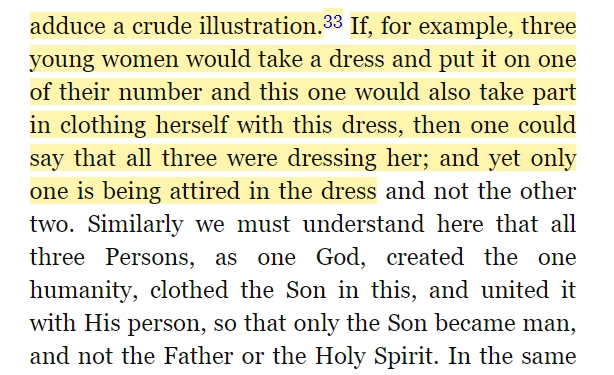
I remember being told in 5th grade that the distance from the Earth to the Sun was "one astronomical unit." I felt ripped off. Sure, it was easier to remember than "about 93 million miles" or even "8 light minutes," but it seemed so self-referential. (1/13) 

What kind of measurement is that? Smart aleck that I was (you know, back then), I immediately filled out the rest of the solar system with tautological measures: Mars is one Martian unit away; Jupiter one Jovian unit; Pluto (you know, back then) one Plutonian unit. (2/13)
"One astronomical unit" also has to be further specified: it's the average distance (taking into account a 3% variance in Earth's distance from Sun during the year) between the centers, not the surfaces. And there it is, precisely one EarthToSun. (3/13)
Later, when they told me that the measure of the sun's luminosity was exactly 1 L☉, there was no end to my rage & disappointment (Yes, Beatrix Potter readers, I was a veritable Tom Thumb & Hunka Munka). Ripped off again! (4/13)
I got over it. Earth-to-sun measures are cozy & homey, but what's comical about them is that more objective or constant measures are readily available. Exporting this local unit to galactic measures would be goofy; a vain effort to convey an impression of relative scale. (5/13)
Some time after 5th grade (let's say One Maturity Unit), I started studying theology. There I learned that God is immense. Not just big (which is what we commonly use the word to mean), but literally im-mense, without measure. Fathomless. No roof. Depth not to be plumbed. (6/13)
In the theology of the divine attributes, God's immensity means that you can refer to "God without Measure" (as John Webster titled a set of his best essays), or you could also say that God is his own measure. (7/13)
"To whom will you liken Me or count Me equal?" (Isaiah 46:5) is a rhetorical question implying the answer "absolutely nobody." But the reflexivity of "I am that I am" offers us exactly one meaningful correspondence: God. (8/13)
Do we feel ripped off by this tautological divine measure, as I did by being told the Sun was one astronomical unit from Earth? We shouldn't. In the case of God, there are no other available measures; divine immensity entails that God corresponds to God and only to God. (9/13)
So the answer to all the questions that an inquiring mind might press about God is simply God. How big is God? If you insist on being given a unit of measure, that measure will be God. He is his own measure. God is one God unit big. (10/13)
How old is God? God. What category or class is God in? God. What color is God? You get the idea. In each case we could either reply with the strict negative ("your question does not apply to this topic") or with reference to God in his simplicity, immensity, & aseity. (11/13)
Augustine calls God "Good without quality, great without quantity, everywhere without place" and so on. This is an austere answer, reducing all your categories (and Aristotle's!) to mere gestures Godward. It's good medicine for an intellect with an inflamed appetite. (12/13)
But so is the alternative explanatory strategy of using some categories to redirect our attention to God's self-sufficiency, a self-sufficiency that extends even to the possibilities of divine measurement. God is God; exactly one God. (13/13)
• • •
Missing some Tweet in this thread? You can try to
force a refresh






